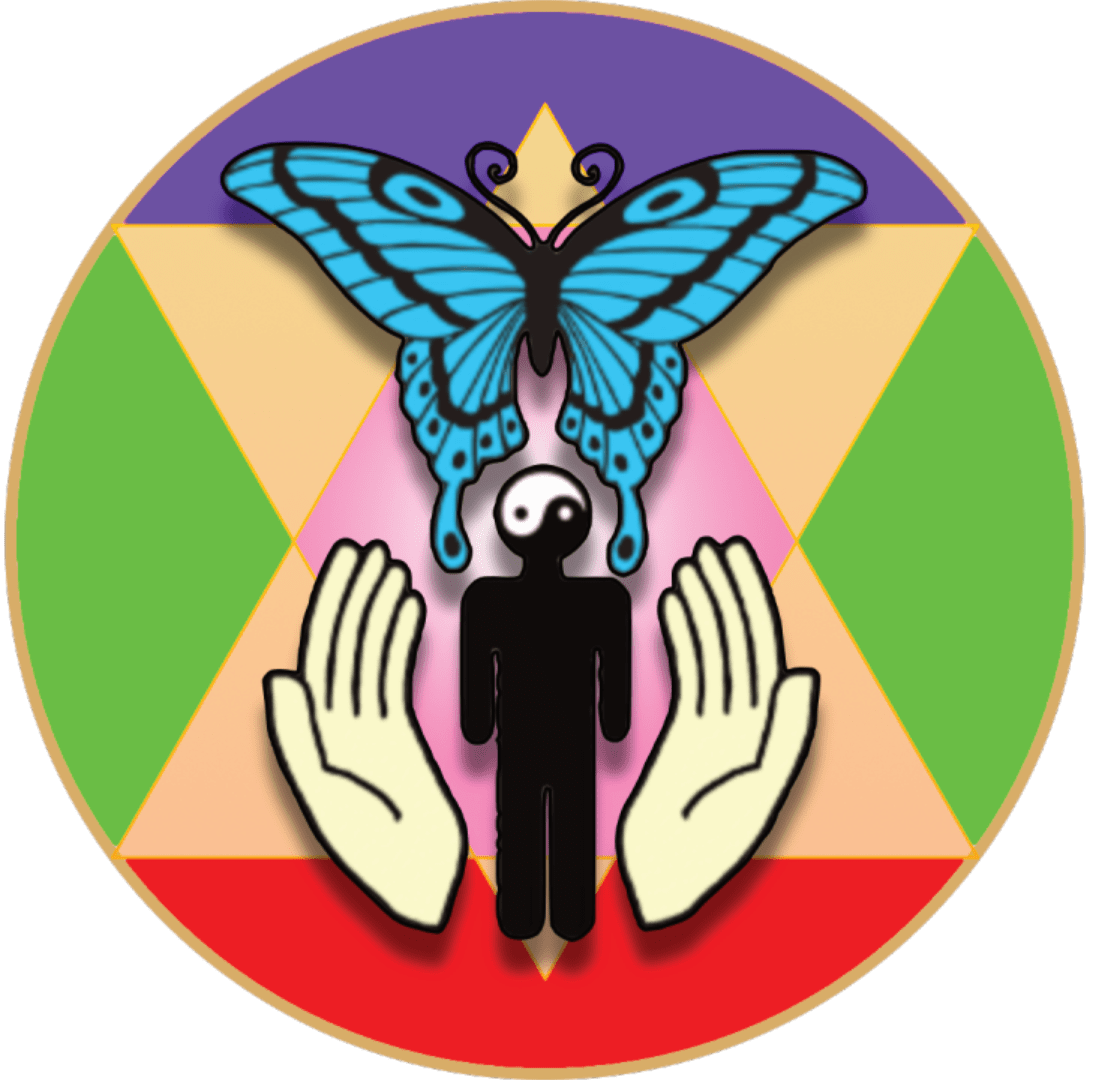Forgiveness doesn’t excuse the behavior, but it does release the burden of the pain. It’s a powerful tool that can heal wounds and bring peace to the soul.
Insights
Forgiveness is one of the most powerful tools we can use on our spiritual journey. It allows us to release the burden of pain and hurt that we carry within ourselves. It is not easy to forgive, especially when we have been hurt deeply. Our ego always wants to hold on to the pain and anger, but the truth is that forgiveness is the only way to move forward.
Forgiveness is not about excusing someone’s behaviour; it is about taking responsibility for our own healing. When we forgive, we let go of the negative emotions that keep us stuck in the past. We free ourselves from the pain that keeps us from experiencing joy, love, and peace. Forgiveness is a powerful act of self-love, and it is something that we owe ourselves.
When we forgive, we allow ourselves to heal. Our wounds can start to close, and we can begin to move forward with a renewed sense of purpose. We can live our lives without the burden of resentment and bitterness. We can find peace in our hearts and the freedom to live the lives we have always wanted.
Forgiveness is also an act of kindness. When we forgive, we offer compassion and empathy to the person who has hurt us. We recognize that they are human, just like us, and that they make mistakes. We don’t condone their behaviour, but we offer them grace. This act of kindness can be transformative, not only for us but also for the person we are forgiving.
In conclusion, forgiveness is a powerful tool that can help us on our spiritual journey. It offers us the opportunity to heal, move forward, and find peace. It is an act of kindness that can transform the lives of both the forgiver and the forgiven. Let us embrace the power of forgiveness and release the burden of hurt and pain. May we find peace, love, and joy in our hearts and in our world.


Recent Comments